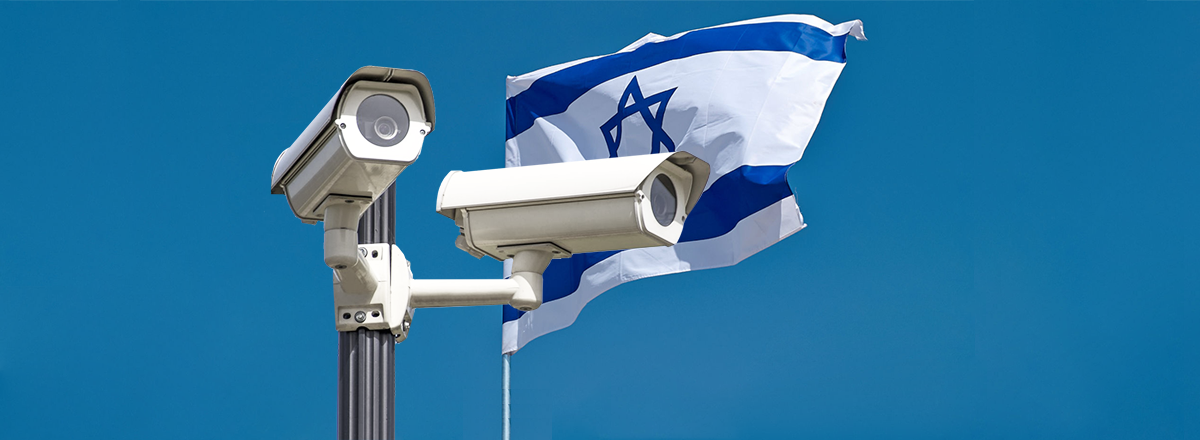Israel plans to use anti-terrorist tracking technology and partially stop economic activity to minimize the risk of the spread of the novel coronavirus.
As of March 16, 195 people became infected with the COVID-19 in Israel. Due to the epidemic, all cafes, restaurants, sports clubs, and shops in the country were closed, and only grocery stores remain open. Besides, all citizens of Israel and other countries must be in a 14-day home quarantine after they arrive in the country.
Israel's attempt to fight the outbreak of coronavirus could pose a privacy risk. The country’s Prime Minister Benjamin Netanyahu spoke about plans to use anti-terrorist tracking technology to identify people who had contact with infected people.
The Prime Minister did not talk about specific technologies but only mentioned "digital means," similar to those used in Taiwan. However, Israeli domestic security service Shin Bet has confirmed that it is considering using its methods.
Privacy expert Avner Pinchuk warned that tracking technology might include real-time phone call tracking to notify authorities of quarantine violations or metadata tracking to determine trips and people who contact with those infected with coronavirus. In response to this, Shin Bet said it would not use its technology "in the context of isolation guidelines."
Due to the coronavirus pandemic, many countries began imposing various restrictions, including those related to the use of their infrastructure. However, the use of surveillance technology is a relatively new means of controlling the spread of coronavirus, and it may prompt other countries to follow suit if the law allows.
It is not the first time when the authorities are trying to get personal data of the residents, taking cover behind the coronavirus outbreak. For instance, as we wrote earlier, Iranian authorities created the AC19 app, which supposedly helps to detect the new coronavirus. At the same time, though, it tracks users’ locations in real-time. The program has already been suspected of collecting a lot of personal data, including names, addresses, dates of birth, and phone numbers. Apple likely closed access to its App Store in Iran because of this scandal.















